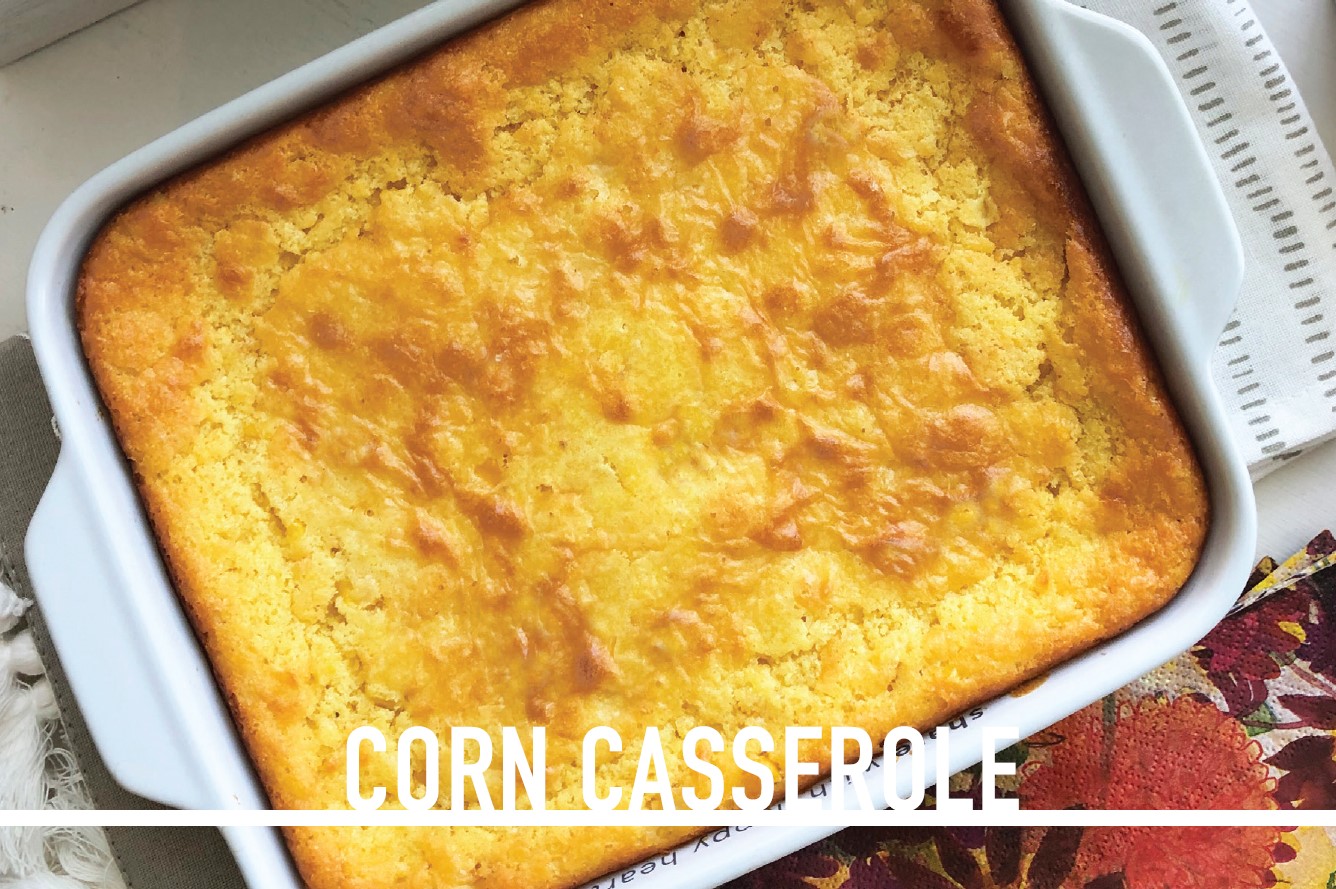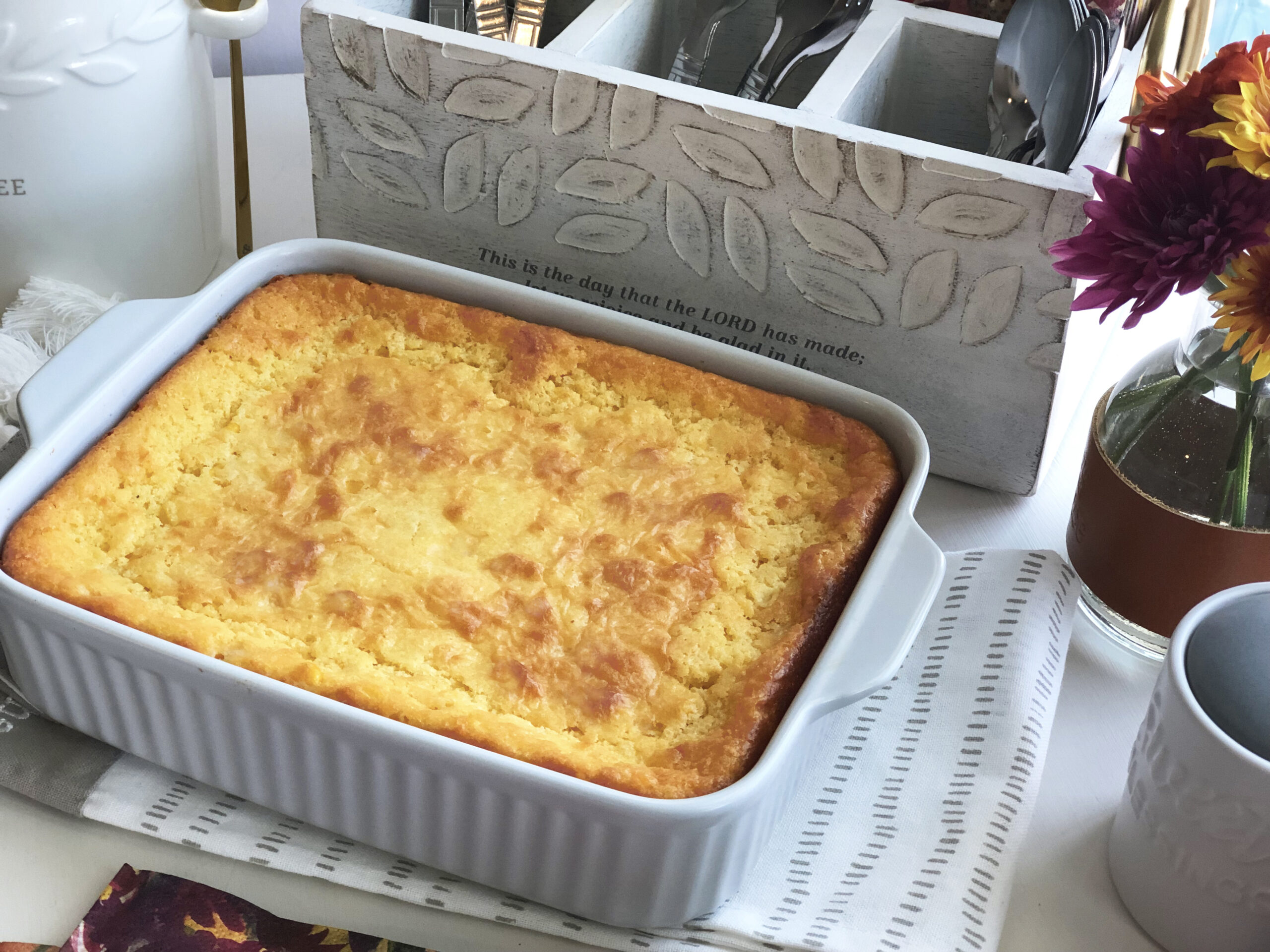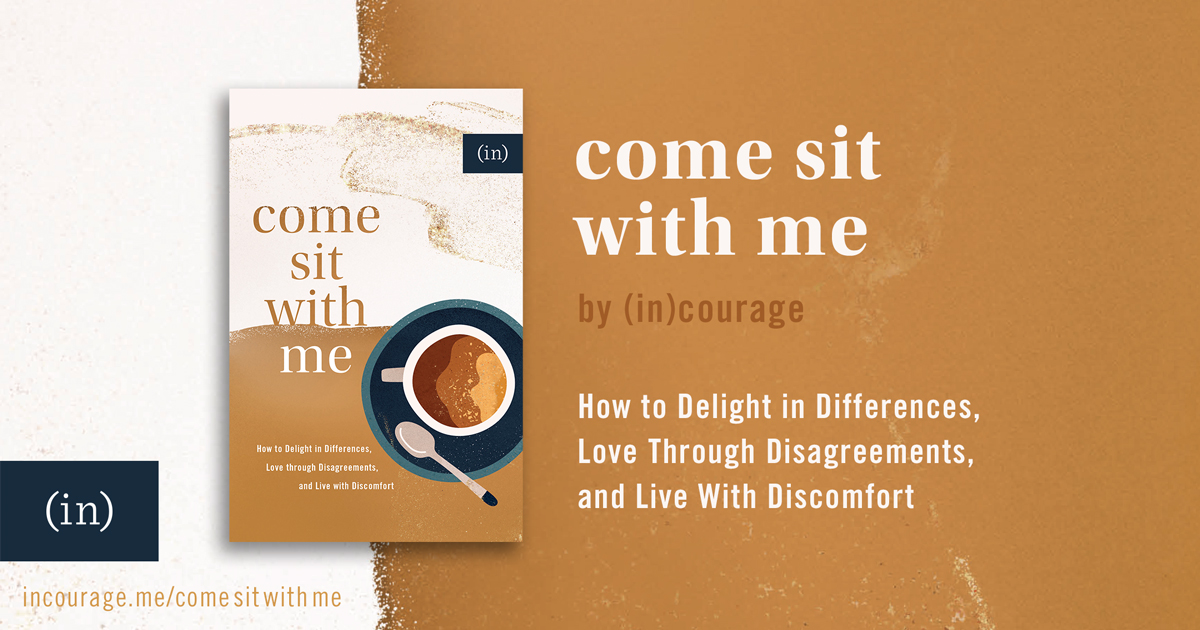Let the whole earth shout triumphantly to the Lord!
Serve the Lord with gladness;
come before him with joyful songs.
Acknowledge that the Lord is God.
He made us, and we are his—
his people, the sheep of his pasture.
Enter his gates with thanksgiving
and his courts with praise.
Give thanks to him and bless his name.
For the Lord is good, and his faithful love endures forever;
his faithfulness, through all generations.
Psalm 100 CSB
Here’s the powerful truth about giving thanks:
Gratitude lifts our hearts beyond the weight of our circumstances to the unfailing goodness of God. As Psalm 100 invites us to, we can enter His gates with thanksgiving and His courts with praise. In deep pain, in prolonged waiting, even in the middle of life’s small inconveniences, choosing thankfulness becomes a pathway to God’s presence.
When we turn our attention to God’s faithfulness, our perspective changes.
Gratitude opens our eyes to see God working right here, right now.
Whether we’re giving thanks for the beauty of fall, the laughter of loved ones, or the reminder of His promises, each moment of thankfulness is a moment spent in the light of His love.
Write down what you’re grateful for: today’s blessings, memories of God’s goodness, and promises you’re holding onto. Speak them aloud, jot them in a journal, or share them with someone you trust. Let this practice turn your heart to praise, for “the Lord is good and His love endures forever.”
And as we take time to count our blessings, know that you are counted among ours. Every one of you in this community is a gift to us. Thank you for letting us share in your journey of faith and for sharing your own stories with us. We are grateful for you, today and always.






 Today’s devotion is an excerpt from Becky Keife’s chapter, “What If Pain Is the Stage for Miracles?” in our (in)courage book,
Today’s devotion is an excerpt from Becky Keife’s chapter, “What If Pain Is the Stage for Miracles?” in our (in)courage book,